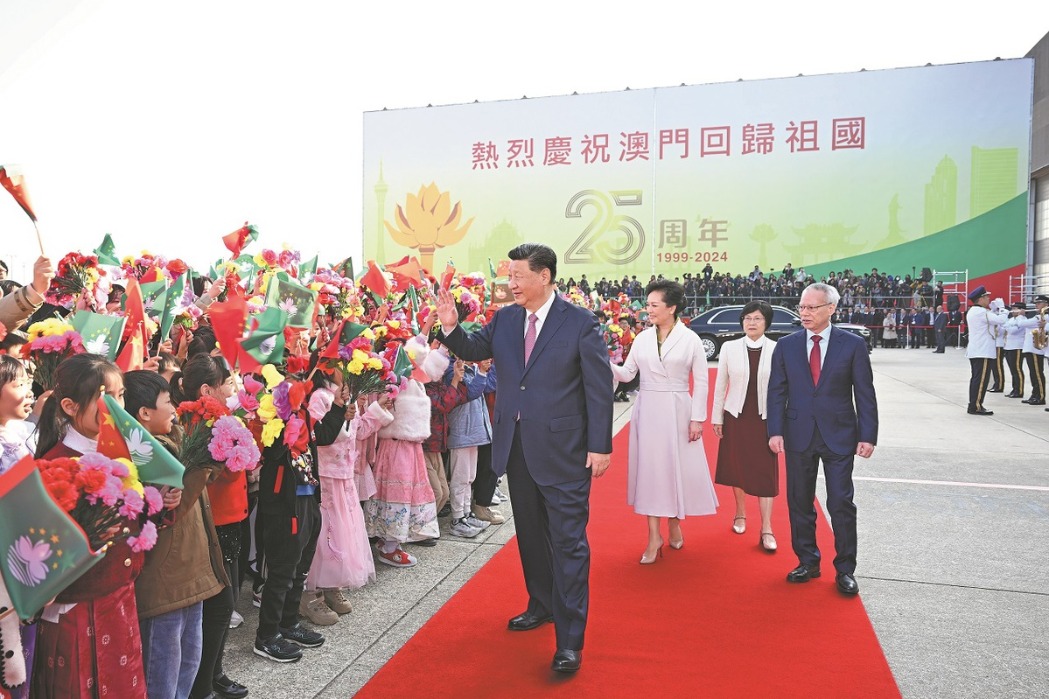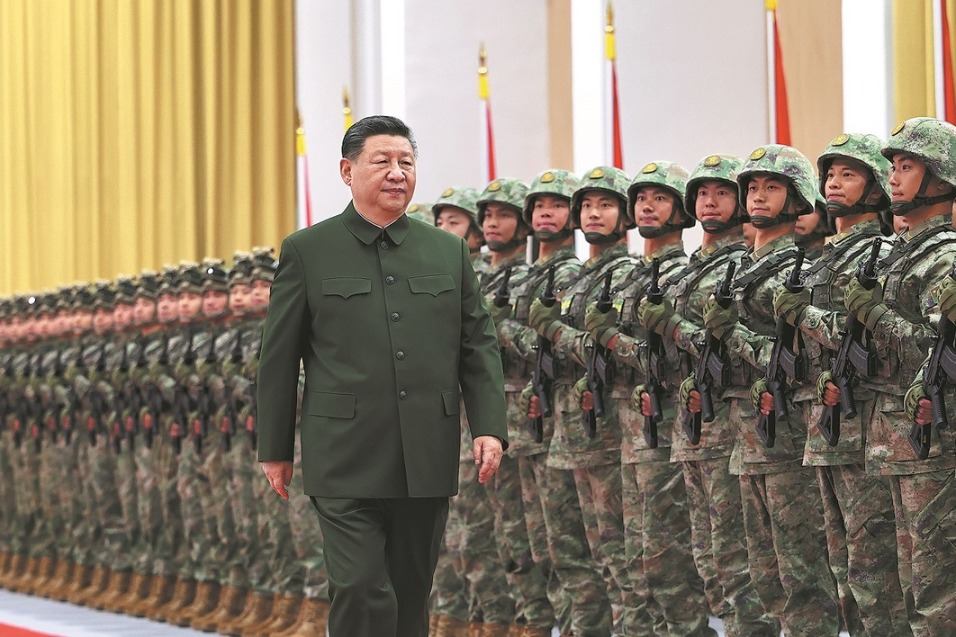Experts share views on China's economy
China Daily | Updated: 2023-07-31 07:05
Central leadership keen to promote private economy
By Liu Yingqiu
The guideline the Communist Party of China Central Committee and the State Council, China's Cabinet, released on July 19 to boost the growth of the private economy is a milestone in the history of private sector development. The task of implementing the guideline, as such, will now be part of the economic development plans of governments at all levels.
China's experiences in building and developing its market economy since the launch of reform and opening-up in the late 1970s show that the top priority for fulfilling the 31 requirements in the guideline document is to develop a favorable environment for the development of the private economy and foster a sound relationship between the government and private enterprises based on rule of law. The key to fostering a sound relationship between the government and private enterprises is managing economic issues strictly in accordance with the law.
As for private enterprises, they must operate independently, participate in fair and open competition on an equal footing, and always adhere to relevant laws and regulations. The private enterprises also need to focus on promoting and operating legitimate, upright businesses, while taking reasonable risks without speculating, promoting innovations, making scientifically sound business choices, and maintaining a rational and effective production structure to ensure high-quality development.
Furthermore, they should strive to cultivate a culture of integrity and fortitude, while improving the business governance system, and the internal audit supervision and financial management, including distinguishing between corporate assets and personal or familial assets of shareholders and establishing a modern corporate system with clear property rights, standardized governance, effective checks and balances, and competitive capability.
The government, on its part, should ease its administrative control over private enterprises and, instead, provide efficient and law-based services for the private economy, by standardizing the administrative approval, licensing and filing processes, establishing mechanisms for addressing complaints, removing market access barriers, improving the system for collecting and reporting cases, periodically releasing negative lists, preventing the use of administrative or other means to interfere in economic disputes or inappropriately seize, freeze or confiscate corporate assets beyond the scope of authority.
These reforms aim to build a stable, fair, transparent and predictable administrative and socioeconomic development environment, by adhering to the "Zhejiang model" of the government not meddling in private enterprises' affairs unless they seek its help. By doing so, the government can contribute to building a socialist market economy with distinctive Chinese characteristics, establishing a strong bond between a fair and effective market and a business-facilitating government.
Building a favorable environment for the private economy and facilitating its healthy growth will require substantial efforts. For that, the government needs to not only deepen reform and expand opening-up but also establish better collaboration and cooperation between government departments at all levels and enterprises, including State-owned, private and foreign-funded companies.
However, the immediate focus of all parties concerned should be on implementing the various provisions of the guideline. By fulfilling the requirements of the guideline, the governments at different levels can boost the confidence of private enterprises, especially private entrepreneurs, and make them confident about the future of their businesses. This, in turn, will effectively curb the economic slowdown and boost the country's economic recovery, paving the way for realizing China's goal of becoming a modern socialist country and achieving the rejuvenation of the Chinese nation.
The author is a researcher at the Chinese Academy of Social Sciences and a member of the Forum 50 for Non-government Economy of China. The views don't necessarily represent those of China Daily.
























